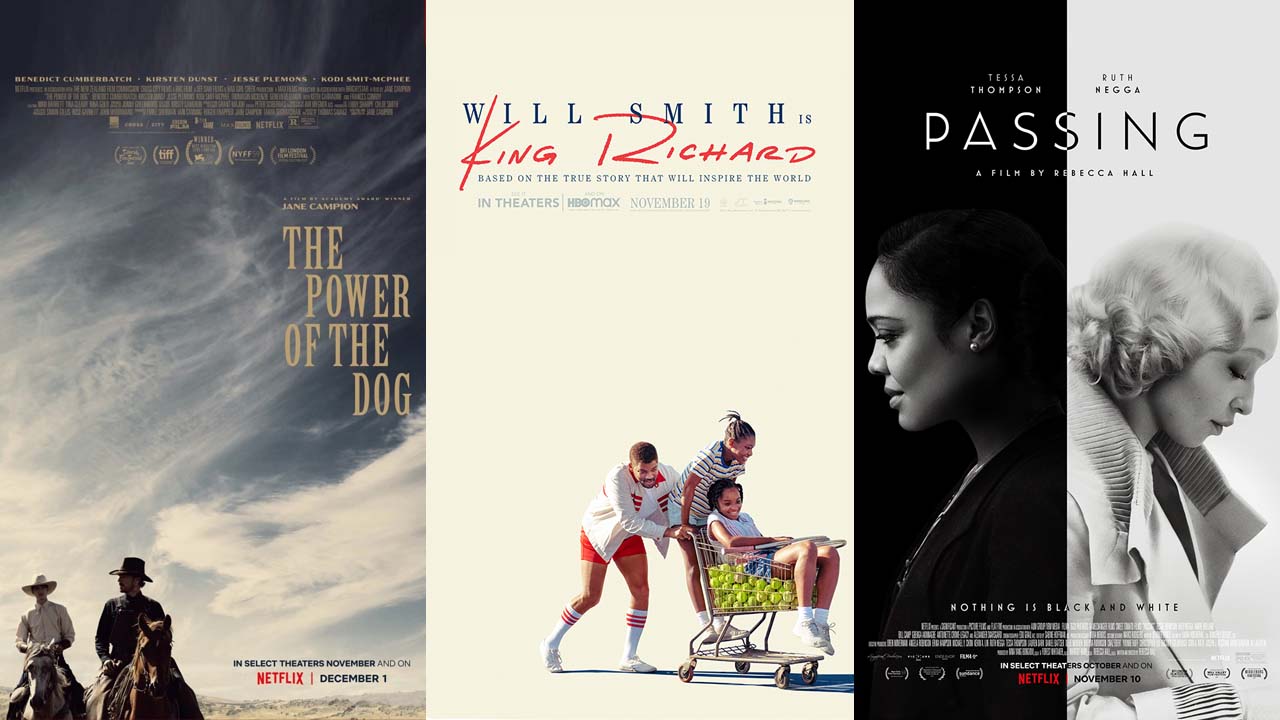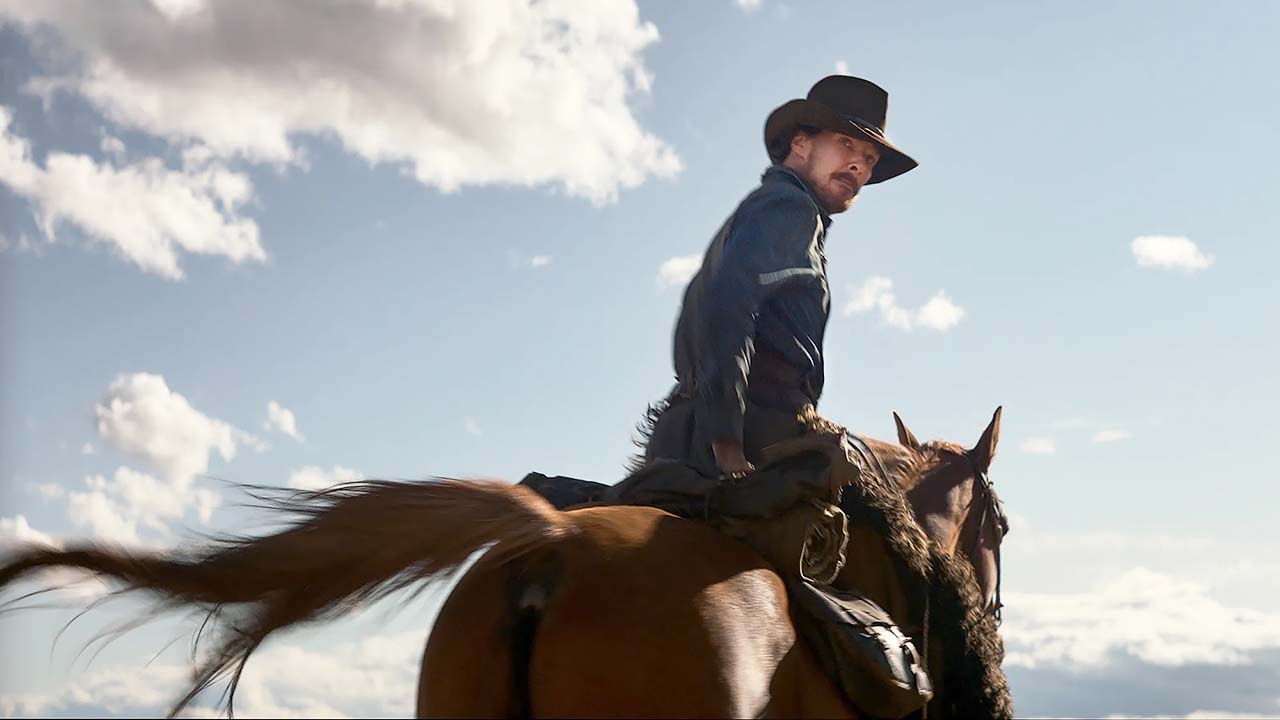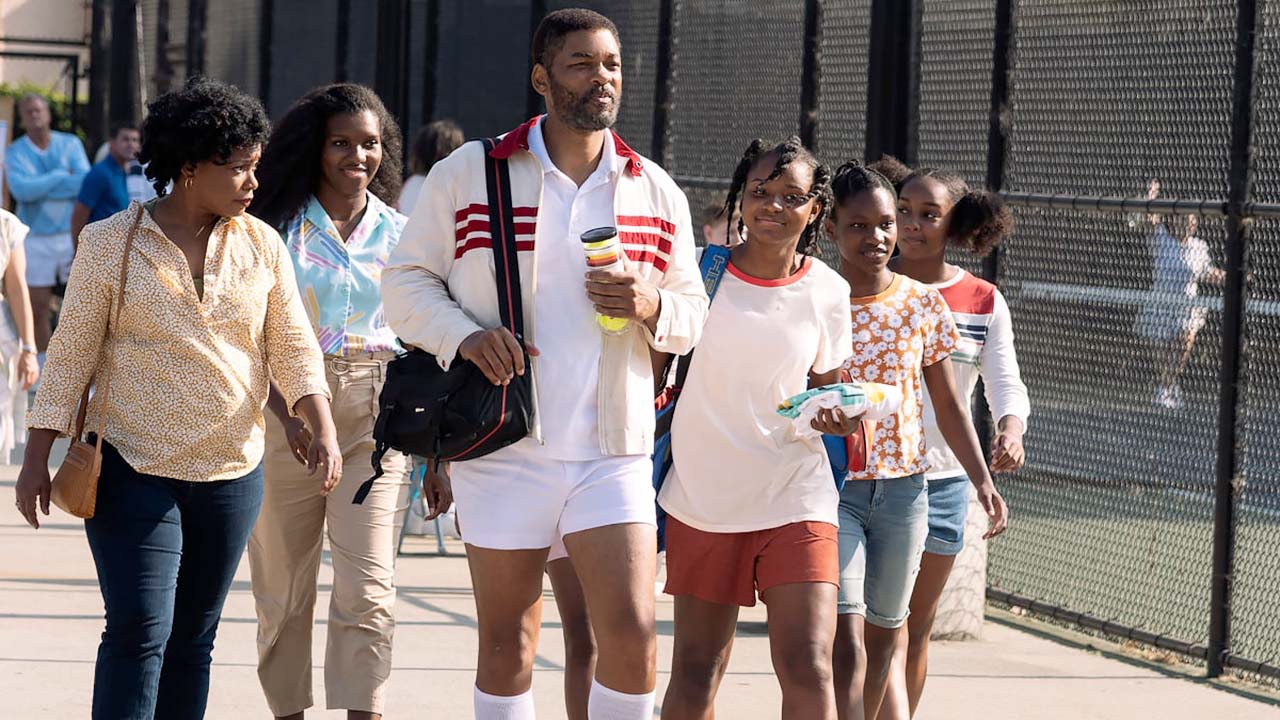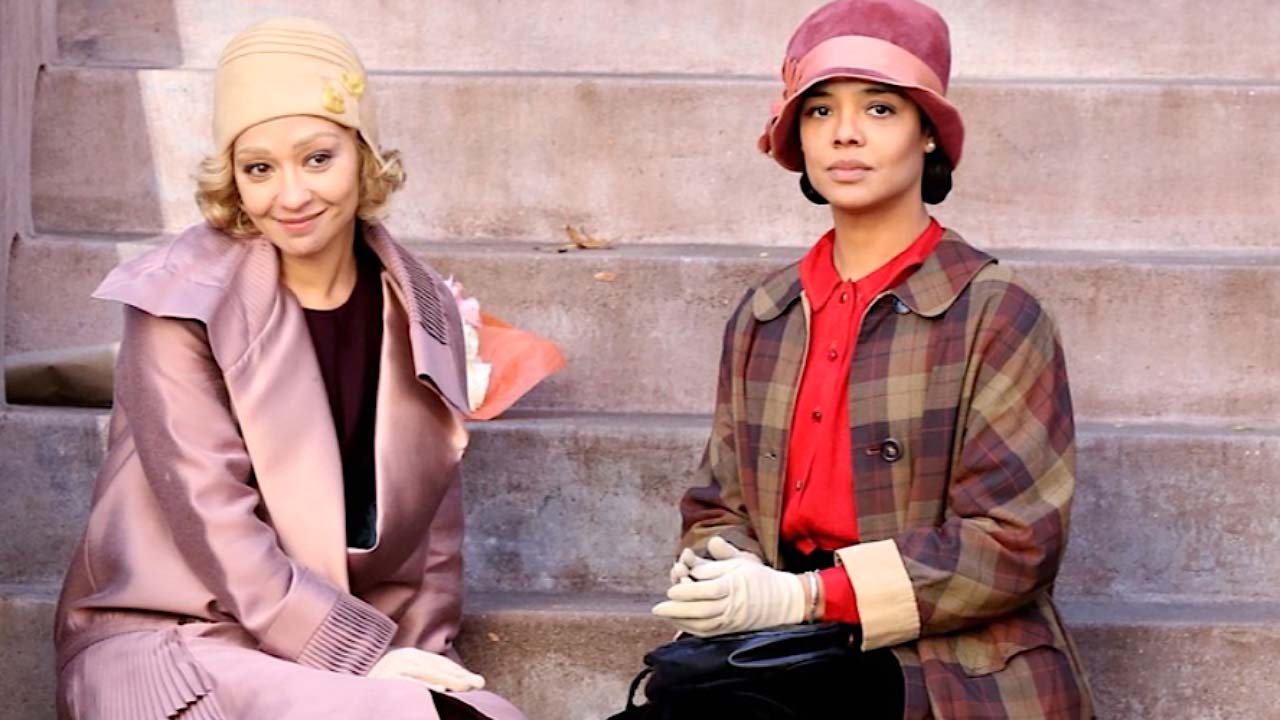Susan Granger At The Movies

The Power of the Dog

Watch very carefully as “The Power of the Dog,” Jane Campion’s mythic, revisionist Western begins. A lone, lean figure is seen, silhouetted on the Montana plains. He’s Phil Burbank (Benedict Cumberbatch), a rugged cattle rancher, coldly cultured, calculating and cruel — devoted to the memory of his mentor, Bronco Henry.
Phil’s younger brother George (Jesse Plemons) is totally different. A stout, well-dressed, mild-mannered businessman, genteel George falls in love with melancholy, recently widowed Rose Gordon (Kirsten Dunst), proprietress of the frontier’s Red Mill Inn, working with her effete teenage son, Peter (Kodi Smit-McPhee), who adorns the rough-hewn tables with decorative paper flowers.
When George marries Rose, moving her into the huge, richly furnished, yet foreboding Burbank homestead, friction is inevitable. Brutish Phil incessantly bullies Peter, maliciously mocking him as a “faggot” in front of the ranch’s rawhide roughnecks.
That traumatizes fragile Rose, who already feels Phil’s simmering, menacing terror, driving her to drink.
Adapted from Thomas Savage’s 1967 novel, it’s psychologically complex, delving into corrosively charismatic masculinity and repressed sexuality. The title comes from 22nd Psalm, as Jesus is suffering on the cross … “Deliver my soul from the sword, my darling from the power of the dog.” The power of the dog stands for deep, uncontrollable urges that can, eventually, destroy us.
Utilizing myriad metaphors, writer/director Jane Campion (Oscar-winner for 1993’s “The Piano”) subtly crafts a kinky, compelling thriller, working with cinematographer Ari Wegner, who transforms New Zealand’s barren South Island into stark, sparsely populated Montana in 1925. Tt’s visually stunning with a spine-chilling score by Radiohead, Jonny Greenwood.
Best known for playing brainy types like Sherlock Holmes, Alan Turning and Doctor Strange, versatile British actor Benedict Cumberbatch — an ominously glowering Best Actor Oscar contender — learned riding, roping, horseshoeing, banjo playing and bull-calf castration.
Formidable young Australian Kodi Smit-McPhee captures Peter’s slyly edgy, ambiguous essence, while Kirsten Dunst and Jesse Plemons translate the tenderness of their real-life, off-screen marriage.
On the Granger Gauge of 1 to 10, “The Power of the Dog” is an ethereally suspenseful, unpredictable 8 — in theaters and streaming on Netflix on December 1st.
King Richard

Will Smith has been nominated twice for Oscars. Now his persuasive performance as “King Richard” should earn him a third nod and, perhaps, first win. Smith plays stubborn, outspoken Richard Williams, the demanding yet loving father of tennis stars Venus and Serena Williams.
Set in Compton, California, Richard’s story begins as he gathers discarded tennis balls at various local country clubs, storing them in his van. Every day, he drives his young girls to the cracked inner-city public courts, relentlessly drilling them on their strokes before reporting for work as a security guard.
Frequently beaten up by menacing gangs, Richard tries to shield his family from the drive-by shootings that were a daily reality. When he gets unduly frustrated by the girls’ lack of focus, he’s kept in line by his no-nonsense wife Oracene Price (Aunjanue Ellis), who agrees that it’s imperative that the teenagers become well-educated, well-rounded people instead of spoiled, single-minded tennis brats.
Relentlessly finding and firing one coach after another, Richard Williams is a man with a plan — a manifesto — to make Venus (Saniyya Sidney) and Serena (Demi Singleton) into world champions. Yet the closer the girls come to achieving their goals, the more irrational and paranoid Richard becomes.
“You gonna be the greatest of all time,” Richard tells the girls. “You know how I know? Because I planned for it.”
Working from Zach Baylin’s script, director Reinaldo Marcus Green deliberately concentrates on tenacious Richard, moving Venus and Serena to the background, although they went on to win 30 Grand Slam Singles titles between them, plus 14 Doubles titles together.
In a letter to critics, Venus and Serena, credited as executive producers, wrote: “We wanted to make sure that our story was not only told the right way, but that it highlighted the critical role Black fathers play in a family … Will does a fantastic job as our dad — it’s genius.”
On the Granger Gauge, “King Richard” aces a sentimental, inspirational 7 — in theaters and streaming on HBO Max.
Passing

File this under “Everything old is new again …” since — back in 1949 — Elia Kazan directed “Pinky,” nominated for three Oscars, in which Jeanne Crain played a light-skinned Black woman in love with a white doctor (William Lundigan), who is unaware of her race; her costars were Ethel Barrymore and Ethel Walters.
Now there’s “Passing,” revolving around light-skinned Irene Redfield (Tessa Thompson), an upper-middle class doctor’s dutiful wife who is active in the Negro League as part of the Harlem community in the 1920s.
One blistering hot summer afternoon when Irene renews her Chicago childhood friendship with lonely, light-skinned Clare Kendry (Ruth Negga), she’s shocked to discover that charming, blond-haired Clare is actually ‘passing’ as white.
The two women’s lives become more dangerously intertwined, as Clare longs for a deeper connection to the food, customs and Black people that she has left behind, particularly since Irene knows that that provocative, self-destructive Clare has never told the truth to her wealthy, white, overtly racist husband John (Alexander Skarsgard).
Based on Nella Larsen’s 1929 novel, this picture marks the writing/directing debut of British actress Rebecca Hall, daughter of Sir Peter Hall (founder of the Royal Shakespeare Company) and American opera singer Maria Ewing.
For years, Hall intuitively sensed there were gaps in her mother’s biracial Detroit family history that no one ever discussed. Considering Larsen’s Harlem Renaissance novel a psychological ‘noir,’ Hall wrote the first draft of her script in 10 days, constantly revising it as she sought financing.
Working with cinematographer Eduard Grau, Hall insisted on filming in black-and-white on location in Harlem, and she completed post-production during the pandemic; the film is dedicated to Hall’s mother.
Cleverly timed, “Passing” — about identity and belonging — builds on current conversation about color, cruelty, privilege and secrets.
On the Granger Gauge, “Passing” is a perceptive, if slow-paced 7 — in theaters and streaming on Netflix.
 Susan Granger is a product of Hollywood. Her natural father, S. Sylvan Simon, was a director and producer at M.G.M. and Columbia Pictures. Her adoptive father, Armand Deutsch, produced movies at M.G.M.
Susan Granger is a product of Hollywood. Her natural father, S. Sylvan Simon, was a director and producer at M.G.M. and Columbia Pictures. Her adoptive father, Armand Deutsch, produced movies at M.G.M.
As a child, Susan appeared in movies with Abbott & Costello, Red Skelton, Lucille Ball, Margaret O’Brien, and Lassie. She attended Mills College in California, studying journalism with Pierre Salinger, and graduated from the University of Pennsylvania with highest honors in journalism.
During her adult life, Susan has been on radio and television as an anchorwoman and movie and drama critic, syndicating her reviews and articles around the world, including Video Librarian. She has appeared on American Movie Classics and Turner Classic Movies. In 2017, her book 150 Timeless Movies was published by Hannacroix Creek Books.
Her website is www.susangranger.com. Follow her on Twitter @susangranger.
